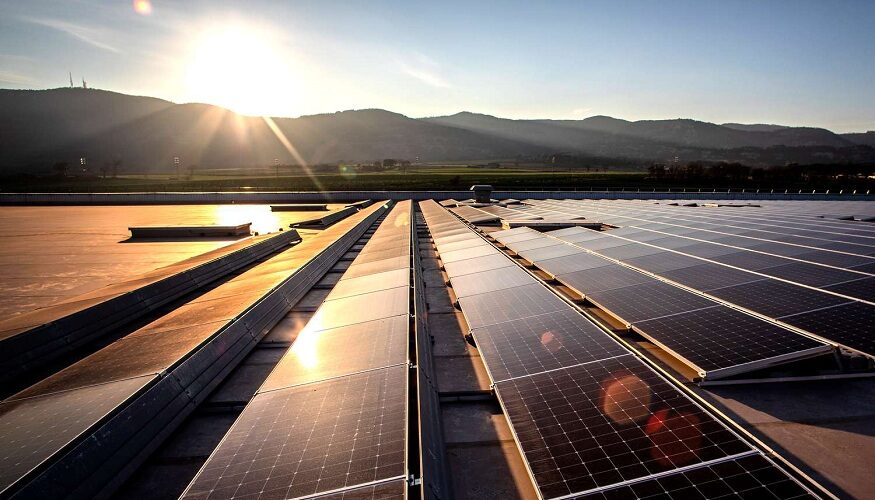During a universal shift towards environmentally friendly energy alternatives, the installation of solar panels has become an appealing prospect for individuals and businesses alike. This green initiative not only contributes to a cleaner environment but also holds the promise of long term financial benefits. However, navigating the complexities of solar panel installation requires careful consideration of various factors. In this article, we’ll explore five crucial points that should guide your decision making process, ensuring a smooth and effective installation through Solar panels Colchester.
Sunlight Assessment:
Before Submerging into the world of solar panels, it’s essential to understand the sunlight exposure your property receives. Conducting a thorough assessment of your location’s solar potential involves evaluating the amount of sunlight available throughout the year. Considerations such as shading from trees or nearby buildings, the orientation of your roof and any potential obstructions must be factored in. This initial step ensures that your solar panels can capture the optimal amount of sunlight, ultimately maximizing energy production.
Roof Condition and Orientation:
The condition and orientation of your roof are pivotal factors in determining the success of your solar panel installation. While roofs with a southern exposure receive the most sunlight, east and west-facing orientations can also be viable. Additionally, it’s crucial to assess the structural integrity of your roof. Before installation, ensure that your roof is in good condition and capable of supporting the weight of solar panels. If any repairs or replacements are needed, addressing these issues beforehand ensures a solid foundation for your solar panel system.
Energy Consumption Analysis:
Understanding your energy consumption patterns is key to sizing your solar panel system appropriately. Analyze your electricity bills to identify your average daily and monthly usage. This information enables you to determine the size and capacity of the solar panel system needed to meet your specific energy needs. Whether you aim to offset a portion or the entirety of your electricity consumption, an accurate analysis ensures that your solar panel system is specially designed to your unique requirements.
Financial Considerations:
The financial aspect of solar panel installation is significant and requires careful consideration. Explore available incentives, tax credits, and rebates provided by local or national authorities. Certain areas provide net metering initiatives, enabling the sale of surplus energy back to the grid. Conduct a comprehensive financial analysis that considers the long-term savings associated with solar energy, factoring in reduced electricity bills and potential increases in property value. While the initial investment may seem substantial, understanding the financial landscape will help you make informed decisions about the feasibility and benefits of solar panel installation.
Qualified Installers and Quality Equipment:
Choosing a qualified like Essex solar panels and experienced solar panel installer is critical for a successful installation. Research local installers, read customer reviews, and verify their certifications and licenses. A reputable installer will assess your property, provide accurate estimates, and guide you through the entire process, from system design to obtaining necessary permits. Additionally, investing in high-quality solar panels and related equipment is crucial. While initial costs may be higher, superior equipment often leads to better long-term performance and durability.
Summary
Commencing on the excursion of installing solar panels is a decision with far-reaching implications for both the environment and your finances. By carefully considering factors such as sunlight exposure, roof condition, energy consumption, financial incentives, and installer expertise, you can ensure a successful and rewarding solar panel installation. As solar technology continues to advance, these considerations will empower you to make informed choices, paving the way for a sustainable and cost-effective energy future.

